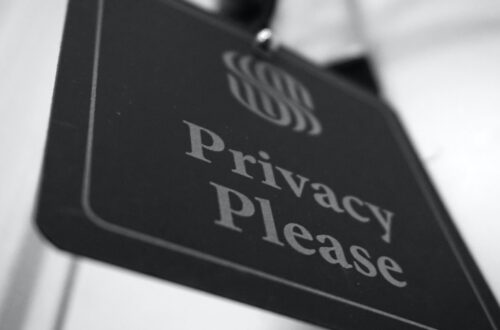Dominating news headlines this week is the revelation of Michael Cohen’s third mystery client. President Donald Trump’s personal attorney’s home, hotel, and office were raided pursuant to a search warrant and his files were seized by the Federal Bureau of Investigation. In a hearing on Monday, a federal judge ruled that Cohen, could review the materials that the FBI seized, but did not rule on how prosecutors could use the evidence.
Michael Cohen is currently under investigation by prosecutors “for criminal conduct that largely centers on his personal business dealings.” Ten boxes of paper files were confiscated along with computer hard drives and other electronic data storage devices. On Monday, a letter submitted to the Court disclosed that Cohen had ten clients in 2017 and 2018, but seven of them were clients with purely business consulting needs and only three were of a legal nature.
Aside from President Trump, the second is former GOP fundraiser Elliot Brody who paid $1.6M to a Playboy model connected to an alleged affair. Cohen’s own attorney requested that the third mystery client be kept confidential, but Judge Kimba Wood ordered Cohen’s lawyer to disclose. That client turns out to be Sean Hannity, the Fox News host and vehement defender of Cohen on his program, Hannity.
Attorney-client privilege is a legal privilege that allows attorneys and their clients to keep their confidential communications secret in the face of a legal request for discovery or subpoena. It has roots in Roman law and eventually became well-established by English common law. The goal of the privilege to establish confidential communications and encourage clients to be forthcoming with information when communicating with their attorneys. After all, the more candor and honesty a client can use when relaying the facts of his or her case, the more capably an attorney can defend that client and pursue his or her legal needs.
Hannity’s relationship with Cohen is murky. He insists he never retained Cohen, but he did believe his legal questions were confidential. He also claims to have never received any invoices and only had a few brief business discussions with Cohen about real estate matters. However, on his afternoon show, he also told his viewers, “I might have handed him ten bucks [and said] ‘I definitely want attorney-client privilege on this.” So, he is at once claiming attorney-client privilege exists while claiming his discussions were business-related in nature and he never retained Cohen.
When Sean Hannity implies attorney-client privilege was created by the handing over of money, he was taking a play right out of Breaking Bad attorney Saul Goodman’s playbook. Goodman famously demanded, “First thing’s first, you’re going to put a dollar in my pocket – both of you. You want attorney client-privilege don’t you? So that everything you say is strictly between us. I mean it. Put a dollar in my pocket, make it official.” Unfortunately for him, he got roasted on Twitter and attorney-client privilege is not predicated on the exchange of money before the exchange of information. The privilege is created when the “predominant purpose of the communication was to render [or receive] legal advice.”
Whether Hannity’s communications with Cohen were attorney-client privileged hinges on whether those communications were made for the purpose of seeking legal advice. If they are related to business consulting questions, then they are not protected. The privilege can get especially difficult to discern when a lawyer is assisting a client in both legal and business related issues. The business conversations aren’t necessarily privileged, but the legal conversations are. If the business conversation also seek legal advice that relate to business issues, those conversations are still protected by the privilege. Such situations are very common in tax law, for one.
It is clear, at least according to Hannity’s own account, that he believed those communications to be confidential – another requirement in order for the attorney-client privilege to attach. If such conversations took place in a crowded elevator where strangers could overhear them easily, no expectation of confidentiality can be established and the privilege is deemed waived. If such communications were made in private or between the two of them via e-mail, the expectation of confidentiality will be easier to prove if necessary.
As it stands now, Judge Kimba Wood has determined that Cohen can review the documents seized by the FBI, but it remains to be seen who will review those documents to determine whether they are attorney-client privileged and withheld from investigators. She may find that it is appropriate to appoint a special master to review the documents and has asked each side to suggest potential special masters.
Attorney-client privilege is well-established case law in the United Sates, but different states have rules that may vary and the ethics opinions of one state may differ slightly from those of another. Court rulings of various state courts may also have different rulings particularly when it comes to the facts and circumstances of an individual case.
If you have questions about attorney-client privilege or any other type of privilege, please don’t throw a $10 bill at us and call us your attorneys. You are, however, more than welcome to call our office at 704-457-1010 to set up a consultation. To learn more about our attorneys and practice areas, visit our website at www.lindleylawoffice.com.


